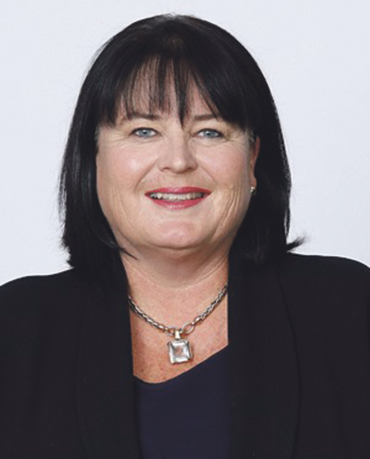Opinion: Review will take New Zealand back to the leaderboard of education worldwide - MP

.
■ Following a huge effort on primary education, Minister for Education Erica Stanford has completed a review of curriculum subjects in the secondary system. These changes will take New Zealand back to the leaderboard of education worldwide, says East Coast MP Dana Kirkpatrick.
This review was sent out to all schools for their input and following the review and feedback, the result is Eastern Bay students will have a diverse and rounded senior education, preparing them for life.
Importantly, this includes working with industry leaders to ensure students are ready to join the training or workforce on completion of schooling.
Previously, many prospective employers have despaired at the lack of industry knowledge of many school-leavers.
We are working with industry boards to broaden vocational subjects and develop pathways that are industry-aligned, meet professional standards, and keep learning valuable for all students.
Also, in consultation with iwi, for the first time, Te Marautanga o Aotearoa, which is used in Māori medium schools, will be fully resourced and include nine new subjects.
Subjects will be phased in from 2028, draft subjects will be released in Term 1, 2026, for feedback and familiarisation.
A world-leading education system is built on dynamic, innovative, and exciting curriculum subjects and we are delivering just that.
Here are some examples of the new changes which will be available – from arts to te reo, outdoor education to engineering.
Additionally, this government realises the importance of all forms of technology in today’s world.
Some AI-focused subjects are to be included over time.
Phasing in will be over a series of school terms, and already local principals and boards are showing enthusiasm for the changes, being aware training and learning opportunities will be provided to all teaching staff.
In the tertiary education and polytechnic training space, the Government has just passed legislation to return polytechs to a decentralised system.
The previous centralised model under Te Pūkenga took decision-making away from regions and industry, failed students and employers, and weakened local communities.
This Government is turning that failed system around – giving regions control, restoring financial accountability, and strengthening industry leadership in work-based training.”
The Education and Training (Vocational Education and Training System) Amendment Bill disestablishes the centralised model created under Te Pūkenga and enables the re-establishment of, initially, 10 regionally governed polytechnics, with more to follow.
It also establishes eight Industry Skills Boards to lead standard-setting, qualification development and temporarily manage work-based training across defined industry groups. These will be operational from January 1, 2026.
Most programmes, functions, assets, and staff of Te Pūkenga will move into the new polytechnics.
A two-year transitional period will see the Industry Skills Boards manage existing work-based training while new arrangements are developed across polytechnics, private training establishments and wānanga.
This reform delivers a stable, practical, and future-focused vocational education system that allows local providers to respond to regional needs, employers to shape training, and learners to gain skills that lead to real jobs. Communities regain local control, and polytechnics become financially sustainable.
The legislation ensures vocational education is fit for the future and rebuilds a system that works for apprentices, students, employers, and communities – delivering real skills, real jobs, and real value to support this Government in going for growth.
So, as you can see, there has been a huge amount of work in education to make it fit for purpose and deliver excellent options for Kiwis of all ages.